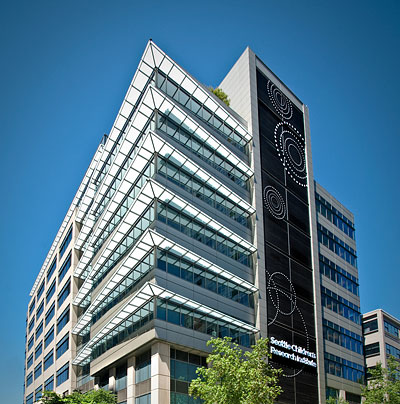Molecular basis for slow growth of Pseudomonas
Fellow: Sandy Thao, PhD
Microbiology
Mentor: Caroline Harwood, PhD
Professor, Microbiology
Pseudomonas aeruginosa is adept at living in microaerobic and anaerobic environments. This is likely one of many features that allows it to proliferate in the lungs of cystic fibrosis (CF) patients where it is the predominant opportunistic pathogen. P. aeruginosa forms thick biofilms in the CF lung and cells within the biofilm are exposed to gradients of nutrients and oxygen, depending on their spatial location in the matrix. During chronic infection P. aeruginosa within the deeper layers of biofilms manage to survive by maintaining slow growth and lower rates of metabolism. Very slowly growing cells are also more resistant to antibiotics. The goal of this project is to characterize the physiology of P. aeruginosa cells that are growing very slowly. Although slow growth is important for the ability of P. aeruginosa to persist in the CF lung, the molecular basis for this has not been investigated. Work will be done with the model laboratory P. aeruginosa strain, PAO1, as well as an early and late-stage isolate from a CF patient to characterize global patterns of gene expression during slow growth. Genes that are important for slow growth will be identified and characterized biochemically. By identifying genes regulated and/or are important for the regulation of cellular function under conditions that would force P. aeruginosa to slow its metabolism, a better understanding of its ability to survive and thrive during chronic infection of the lung will be gained. This may lead to the development of improved treatment options for CF infections.

 Cystic Fibrosis Research
Cystic Fibrosis Research